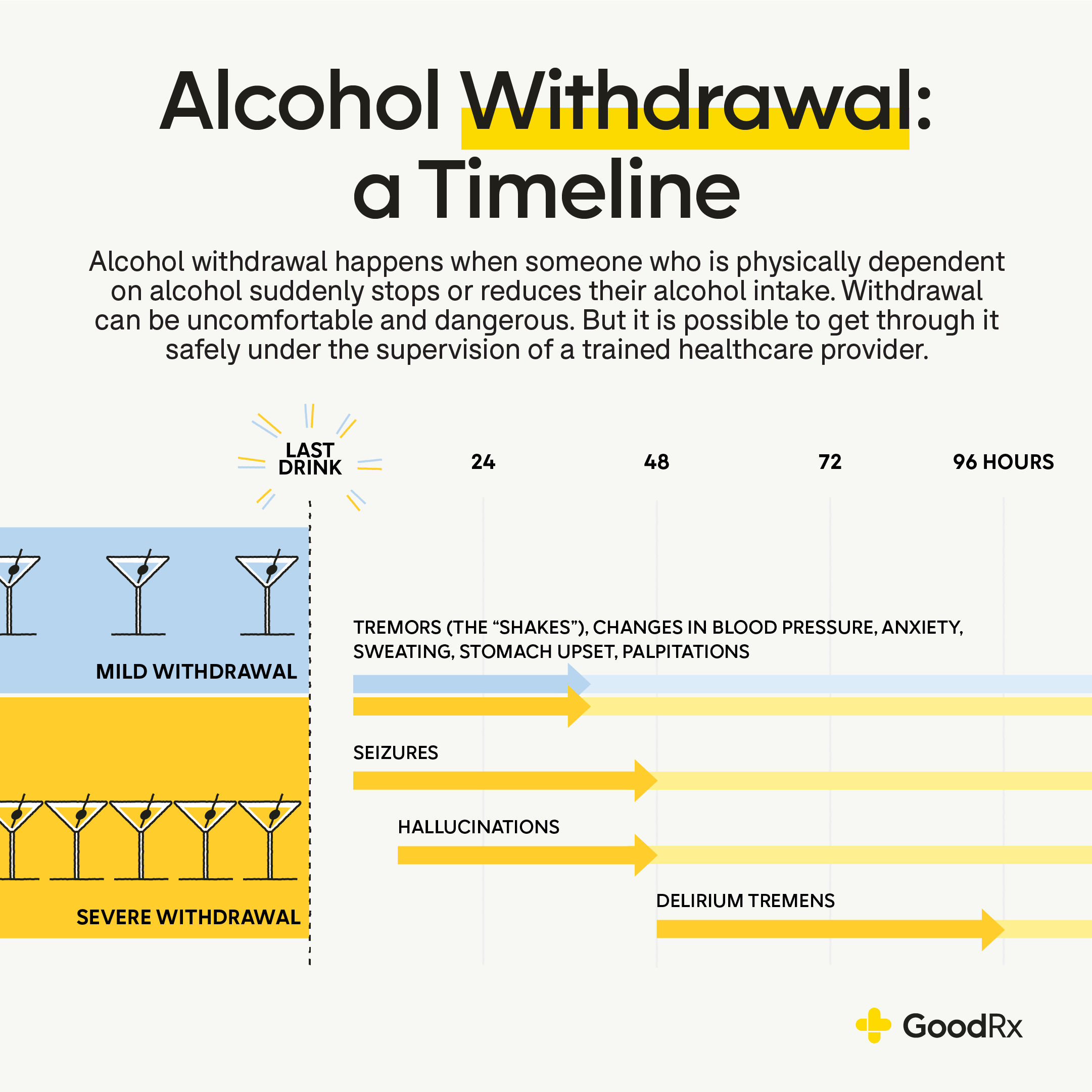Fabulous Info About How To Ease Alcohol Withdrawal Symptoms
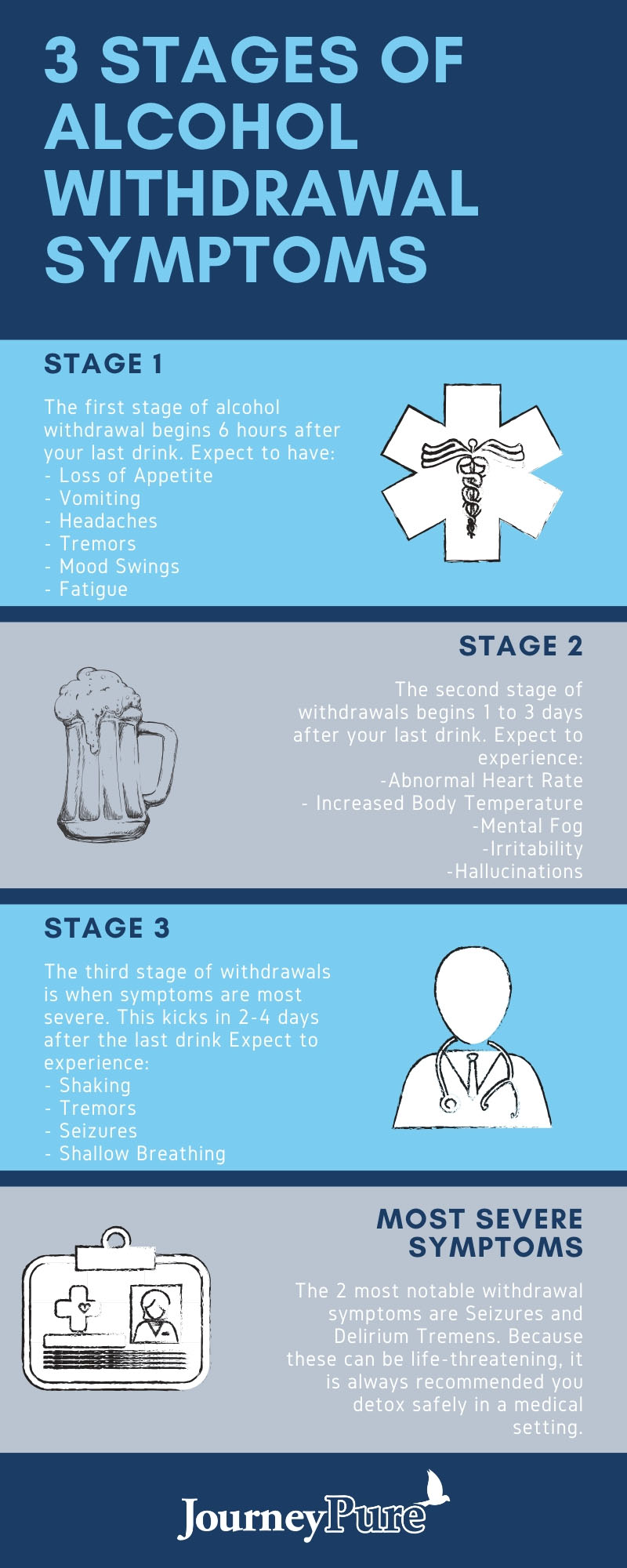
Do not attempt alcohol detox alone.
How to ease alcohol withdrawal symptoms. Symptoms will also vary depending on what stage of alcohol withdrawal a person is in. The purpose of tapering is to give your body just enough alcohol to soothe withdrawal symptoms without getting intoxicated. If necessary, medications can help you get through withdrawal and limit discomfort.
Doctors typically prescribe benzodiazepines, or benzos, to alleviate the anxiety associated with alcohol withdrawal, as well as physical symptoms such as high blood. Some tips for how to treat entering detox and withdrawal for alcohol include: Take a cool or cold shower.
Moods are also tied to nutrition, and a body that is well nourished will help the mind to feel less anxious, frustrated, irritable, and depressed. But it can relieve some symptoms of alcohol withdrawal by helping you relax. Learn how to spot the symptoms of alcohol withdrawal, how long symptoms of withdrawal can last, and how to get help.
Besides benzodiazepines, physicians sometimes prescribe other seizure medications to help manage acute alcohol withdrawal syndrome symptoms during. Call for help or go to the emergency room. Medicines called benzodiazepines can lessen alcohol withdrawal symptoms.
Individuals should plan to taper from. Talk to your doctor or a drug treatment specialist about what to expect as you experience. How to get through it 1.
A high fever, hallucinations, and heart disturbances are all reasons to seek immediate. If you have severe aws symptoms, it’s a medical emergency. Tapering off which is slowly reducing the amount of alcohol you drink until you get down to nothing.
/symptoms-of-alcohol-withdrawal-63791-01-940623f2bc8e4700819f21223648aaec.png)
/is-this-normal-how-long-will-it-last-80197_final-01-61e907a86b19467487b731d369f8c978.png)

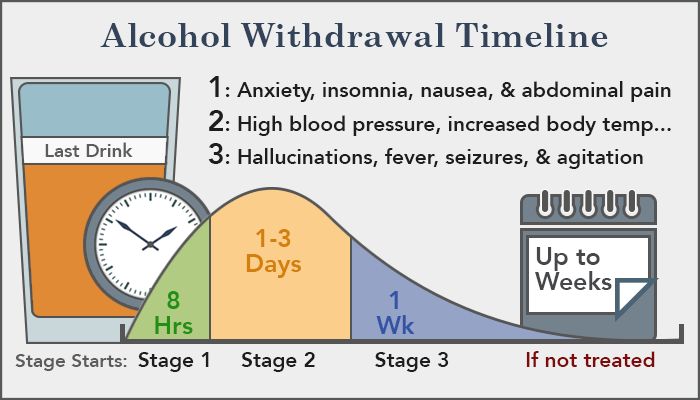

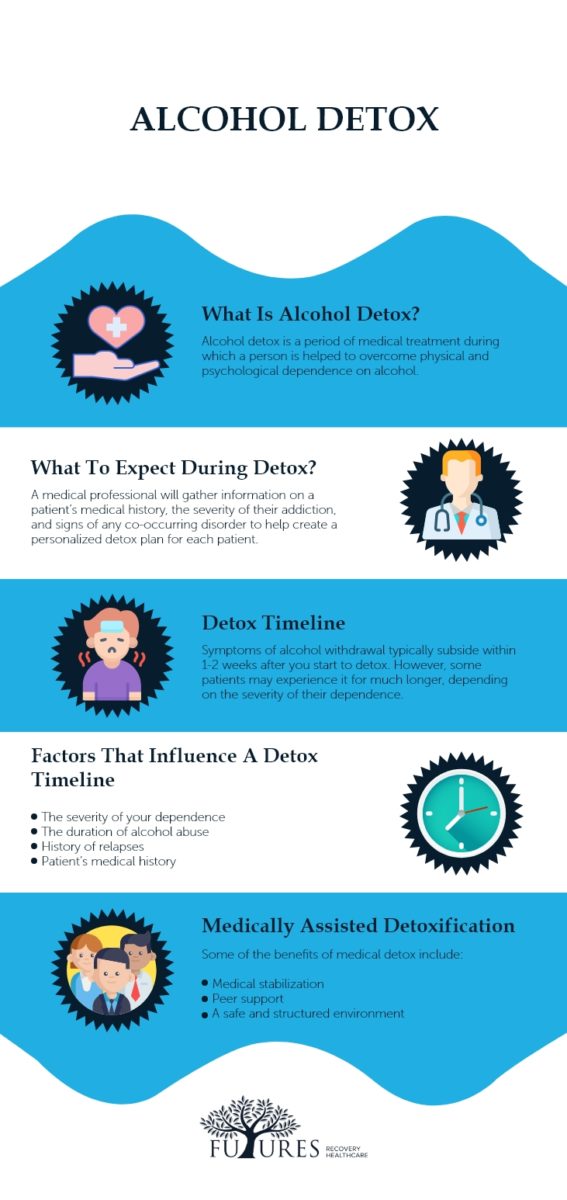





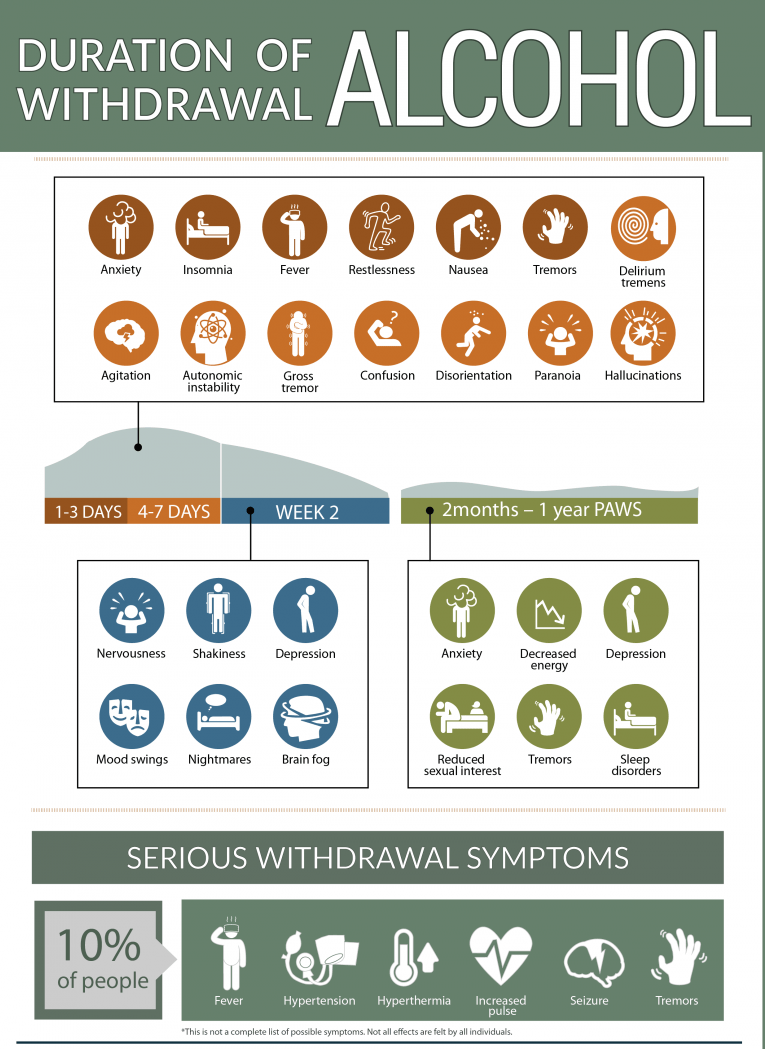

:max_bytes(150000):strip_icc()/alcohol-withdrawal-symptoms-5198606-Final-38e3f0851b3c42baa279e4178351e195.jpg)




